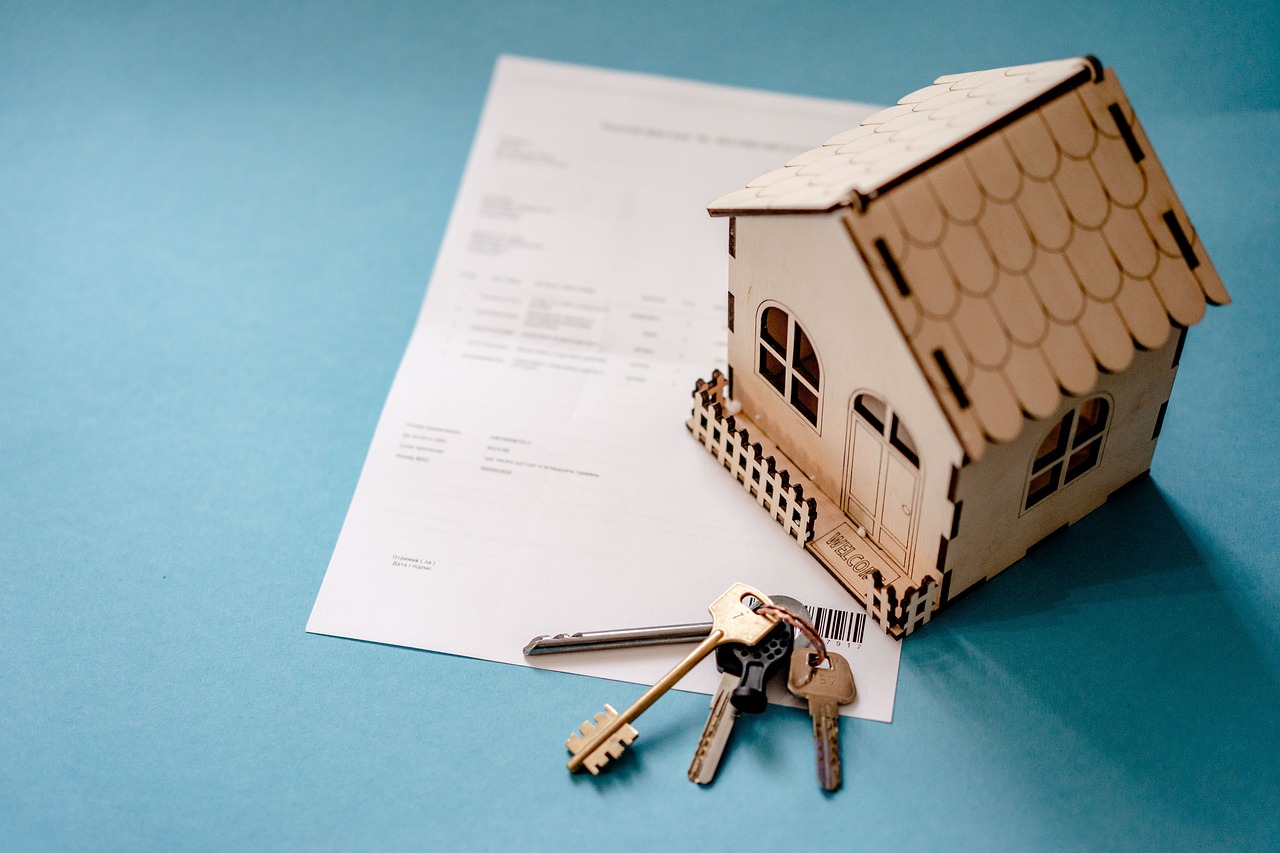Comparing home insurance policies might seem overwhelming, but it's essential for protecting your biggest investment. Here's how:
Table of contents [Show]
- Coverage Types
- Deductibles
- Coverage Limits
- Replacement Cost vs. Actual Cash Value
- Liability Coverage
- Additional Structures
- Natural Disasters
- Claims Process
- Personal Belongings
- Discounts
- Additional Endorsements
- Policy Exclusions
- Read Reviews
- Financial Stability
- Comparison Tools
- Personal Needs
- Cost-Benefit Analysis
- Policy Renewal
- Claims History
- Professional Advice
Coverage Types
Understand the coverage offered – dwelling (home structure), personal property, liability, and additional living expenses.
Deductibles
Compare deductibles – the amount you pay before insurance kicks in. Higher deductibles often mean lower premiums.
Coverage Limits
Check coverage limits for different aspects like jewelry, electronics, or other high-value items.
Replacement Cost vs. Actual Cash Value
Know the difference. Replacement cost pays to replace items at today's prices, while actual cash value factors in depreciation.
Liability Coverage
Ensure adequate liability coverage in case someone else gets hurt by mistake on your property and sues you.
Additional Structures
If you have sheds, garages, or fences, ensure they're covered or consider separate coverage.
Natural Disasters
Assess if the policy covers natural disasters common in your area, like earthquakes or floods.
Claims Process
Research the insurer's reputation for smooth claim processing and customer service.
Personal Belongings
Check if personal belongings are covered even outside your home.
Discounts
Inquire about available discounts, like bundling with other policies or installing security systems.
Additional Endorsements
Explore optional endorsements for specific needs like expensive artwork or electronics.
Policy Exclusions
Understand what's not covered, like certain types of damage or unoccupied homes.
Read Reviews
Get insights from other policyholders about their experiences with the company.
Financial Stability
Research the insurer's financial strength and stability.
Comparison Tools
Utilize online comparison tools to evaluate multiple policies side by side.
Personal Needs
Tailor your choice to your circumstances – if you have pets or rent out your property, ensure you're covered.
Cost-Benefit Analysis
Compare premiums against coverage offered. Don't skimp on necessary coverage for a lower premium.
Policy Renewal
Understand how and when the policy renews, and review it periodically.
Claims History
Your claims history can impact premiums, so factor this into your decision.
Professional Advice
If unsure, consult a home insurance professional for personalized guidance.
Comparing home insurance policies empowers you to make an informed decision that aligns with your home's value, your belongings, and potential risks. Remember, the goal is comprehensive coverage that provides financial security in case of unexpected events, allowing you to enjoy your home worry-free.








